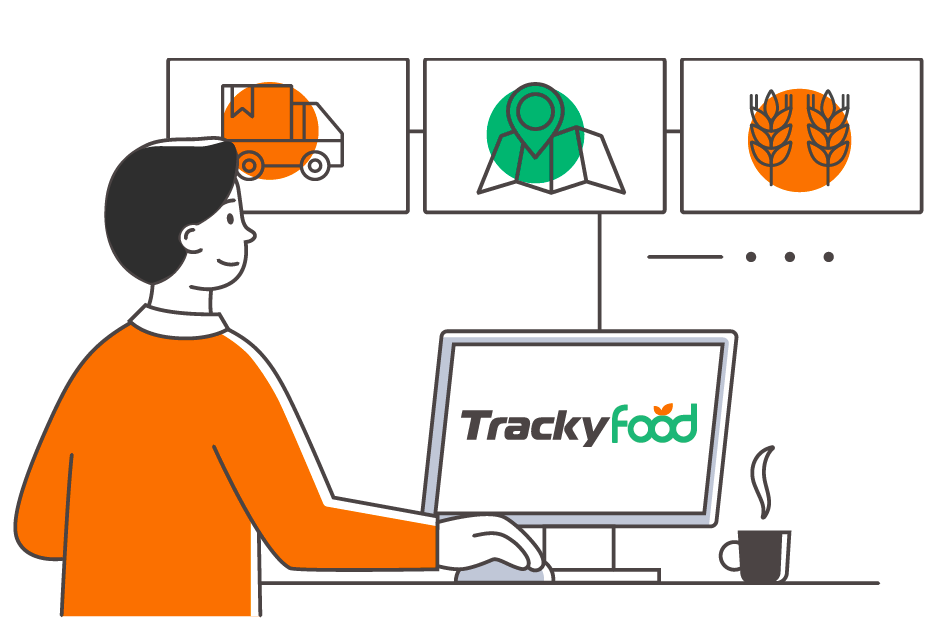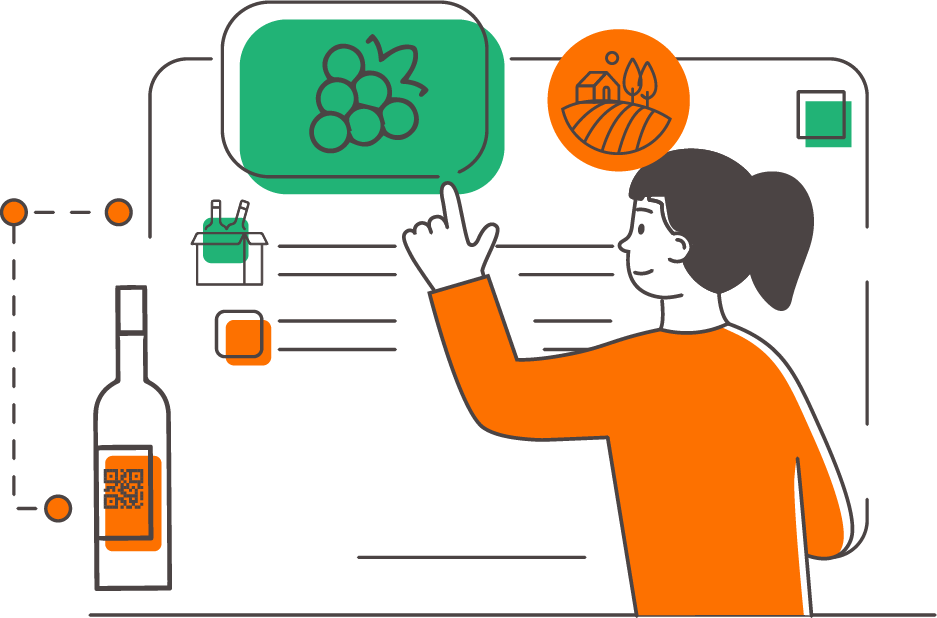
Food tracking and traceability, why are they so important?
Let’s analyze the reasons why food tracking and traceability are fundamental concepts in the food industry, aimed at ensuring the safety and quality of the products that reach our tables.
It should be noted that food tracking and traceability are governed by strict laws aimed at ensuring consumer safety, product quality, and transparency in the food chain.
Food tracking involves the ability to monitor and record the path of a product from its origin to the point of sale or consumption. This process involves detailed recording of information related to each stage of the food supply chain, including suppliers, production and expiration dates, transportation operations, and any transformations undergone by the product. The main objective is to ensure that, in case of emergencies or food safety issues, it is possible to quickly identify the responsible batch or producer and implement appropriate corrective measures to protect consumers.
On the other hand, food traceability is the ability to trace back to the origin or source of a particular food product by following its path through the distribution chain. This process allows for the precise identification of the origin of a food item, such as the place of cultivation or the production company, enabling authorities or involved companies to identify and address any issues, such as disease outbreaks or contaminations.
Food tracking and traceability, the differences
More news
Read the news we have selected for you. Lots of curiosities and information on the world of food.
The 5 Myths About Food Traceability
Food traceability has become an essential component of the mod..








